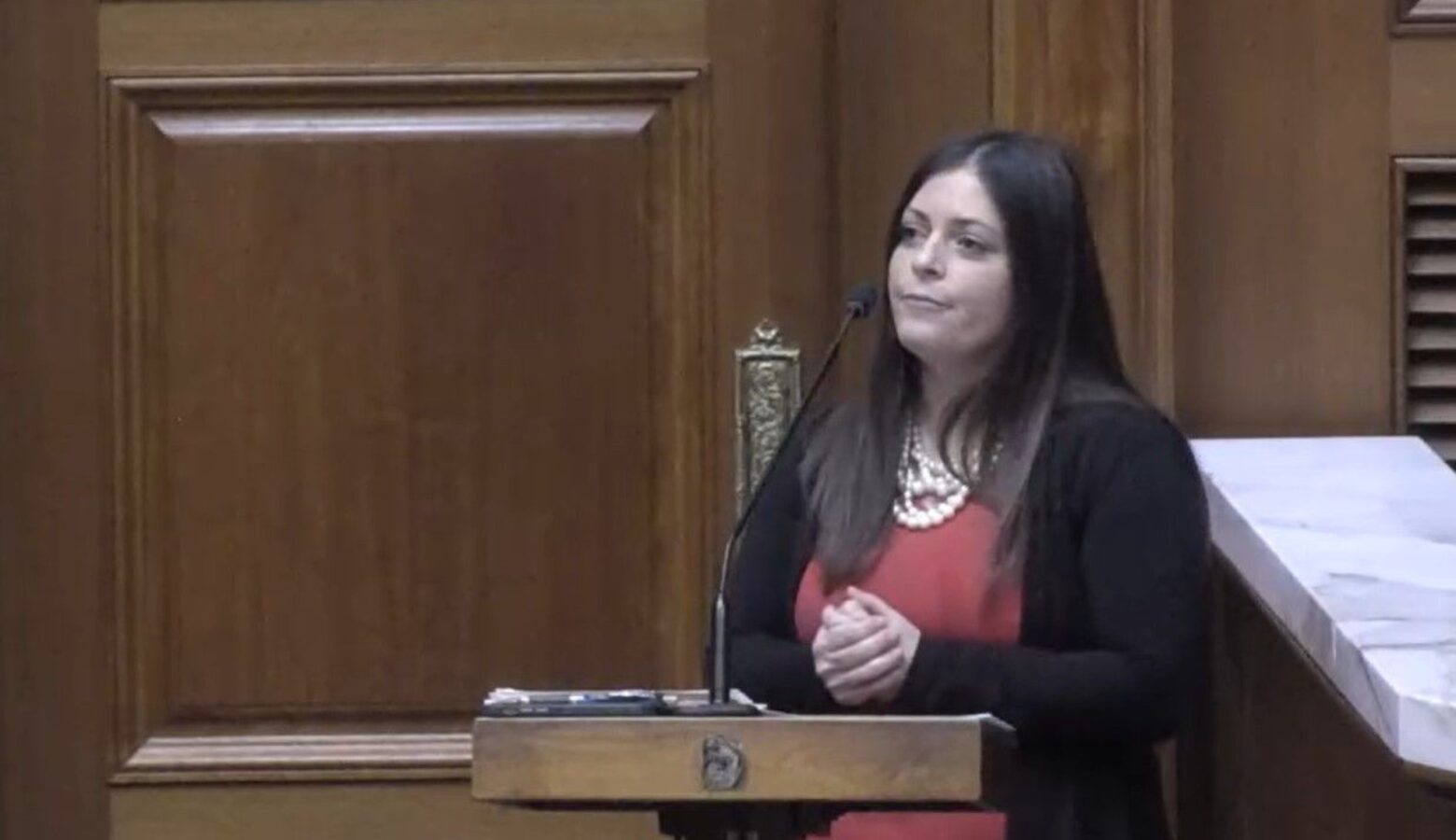Ball State and Ivy Tech join institutions testifying against Senate higher ed bill

This story has been updated.
More of Indiana’s public universities and colleges are opposing a bill that would change tenure and leadership on campus.
At the same time, the bill’s author, Sen. Spencer Deery (R-West Lafayette), is firing back at critics in higher education including Indiana University President Pamela Whitten.
“In a single statement, President Whitten has highlighted for all Hoosiers the failure of leadership that has led to the decline in trust and support for American universities,” Deery said Thursday, in a statement. “Representatives of IU were consulted and asked to provide feedback on the bill before it was presented with plenty of time to make changes.”
Whitten said in a statement that the bill “would put academic freedom at risk.”
The bill’s supporters say it will help conservatives feel welcome in higher education and protect faculty speech outside the classroom. But academics overwhelmingly say its mandates on classroom instruction would chill free expression and discourage academics from moving to Indiana.
On Wednesday, Angela Smith Jones, IU Associate Vice President for State Relations, spoke at the House Committee on Education to defend her university’s stance. She was joined by colleagues representing Indiana’s other public colleges and universities, although they focused on different aspects of the bill.
Mary Jane Michalak, Vice President for Legal and Public Affairs for Ivy Tech Community College, spoke out specifically against a provision in the bill that would give the commission for higher education authority to review and make decisions on complaints submitted by students and staff against faculty members.
“We don’t know if they are reviewing to ensure we followed our policies and processes and are in line with the federal regulations, or something else,” Michalak said. “Further, we don’t know what remedies the commission will be able to provide. Will they be able to make employment termination decisions? Student discipline decisions?”
Michalak added that she was speaking on behalf of all state higher education institutions, not just Ivy Tech. Ivy Tech does not have tenured faculty.
The commission currently exists as a coordinating body and doesn’t have a role in administration.
Becca Rice, Vice President for Governmental Relations and Industry Engagement for Ball State University, said her university appreciated “positive relations” with the Senate but asked lawmakers to strike parts of the bill that would impose changes on university boards of trustees.
“This bill treats institutions and boards uniformly. Current law differentiates between those boards,” she said. “We ask that you continue to differentiate between those boards: those boards that are highly effective like Ball State University’s.”
The bill would allow the president pro tempore of the Senate and speaker of the House to each appoint one member to a university’s board of trustees. Currently, membership on Indiana’s university boards varies by institution.
Officials at Purdue University are still “working to fully understand” the details of the bill, spokesperson Tim Doty wrote in an email Friday.
A previous version of the story stated that Ivy Tech and Ball State joined IU in its stance. A representative from Ivy Tech clarified that she was speaking on different aspects of the bill than were highlighted by Whitten.

